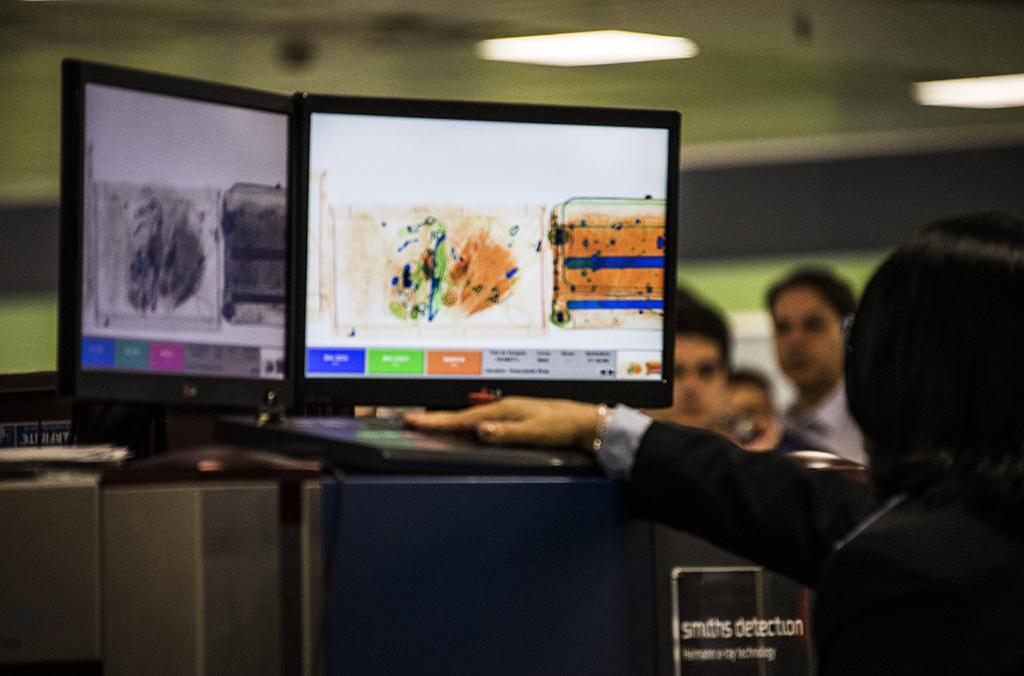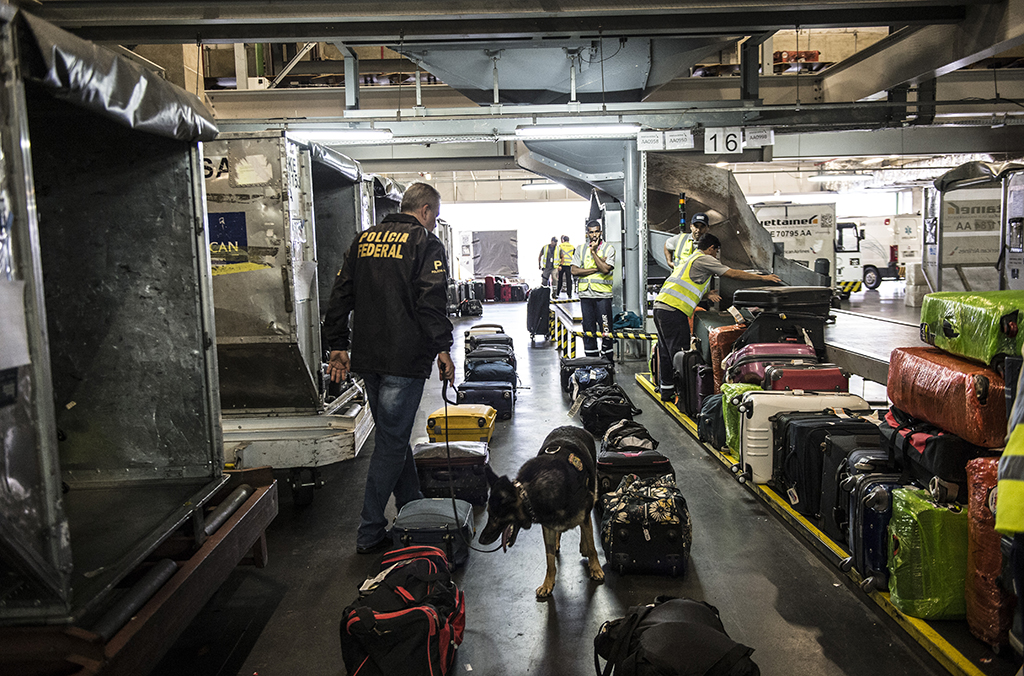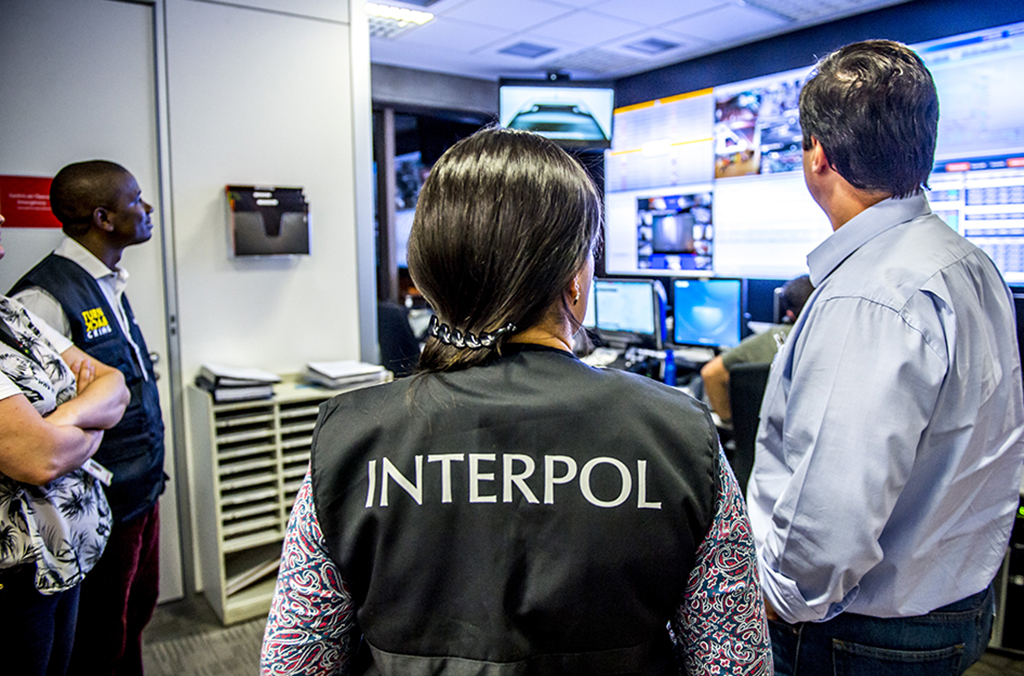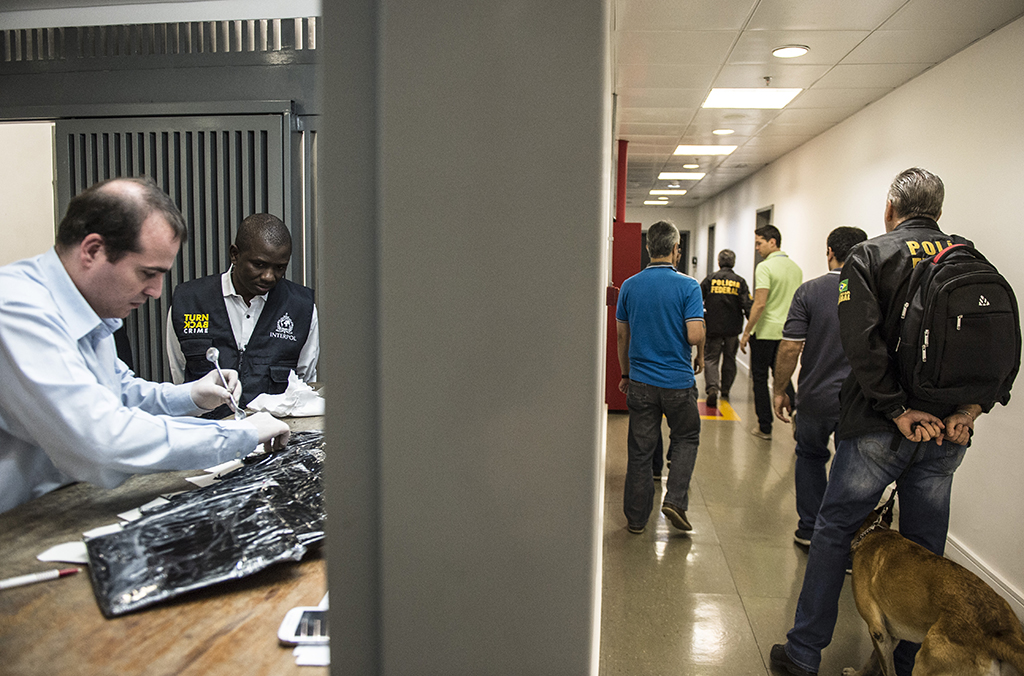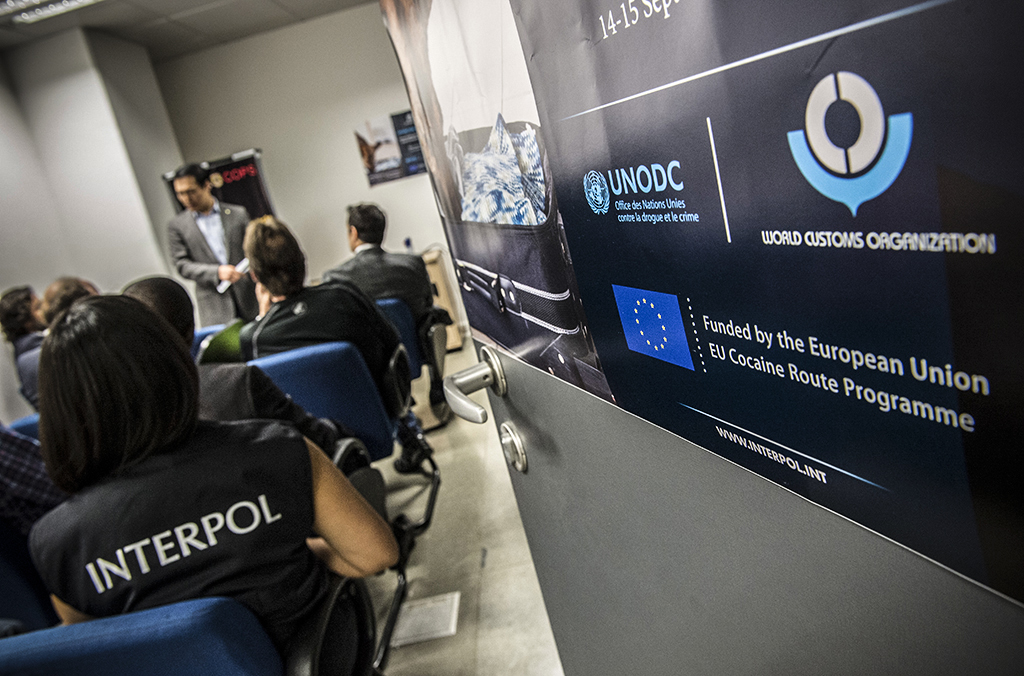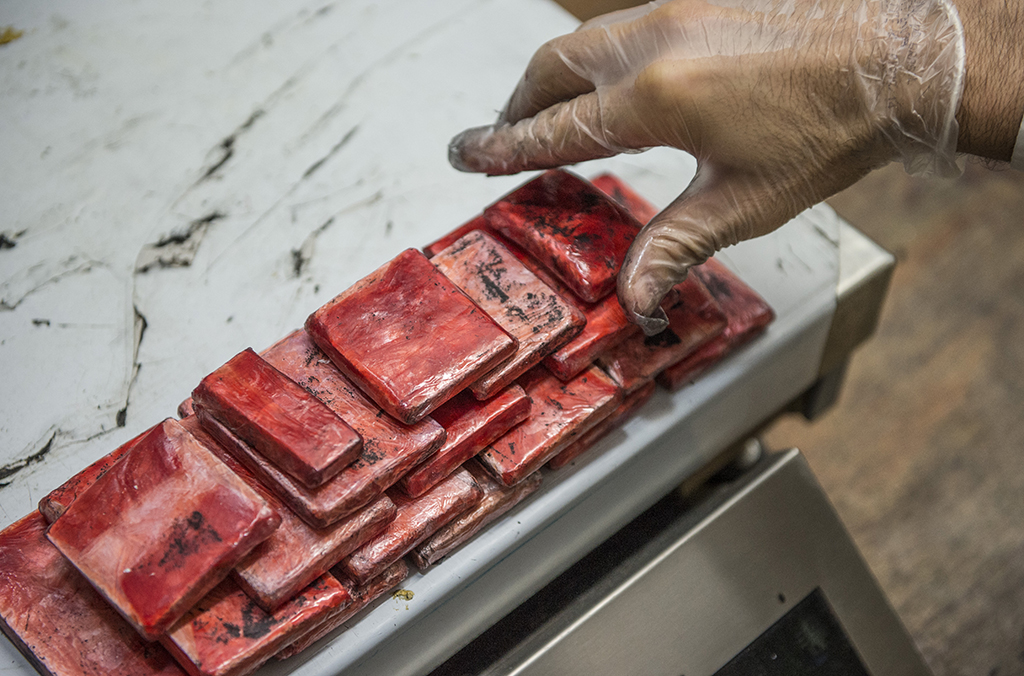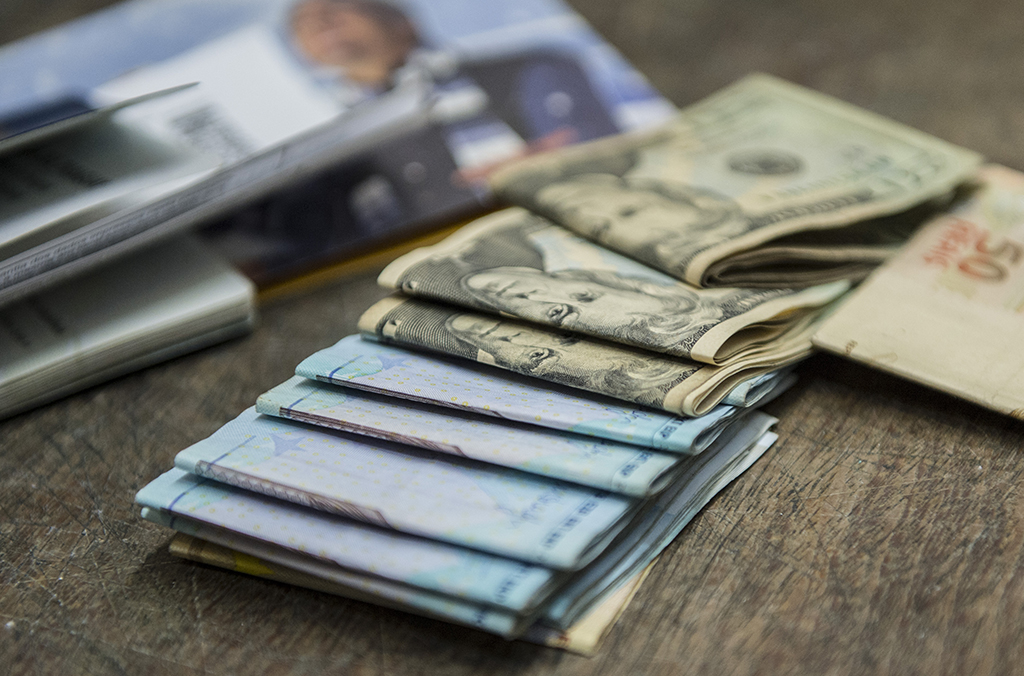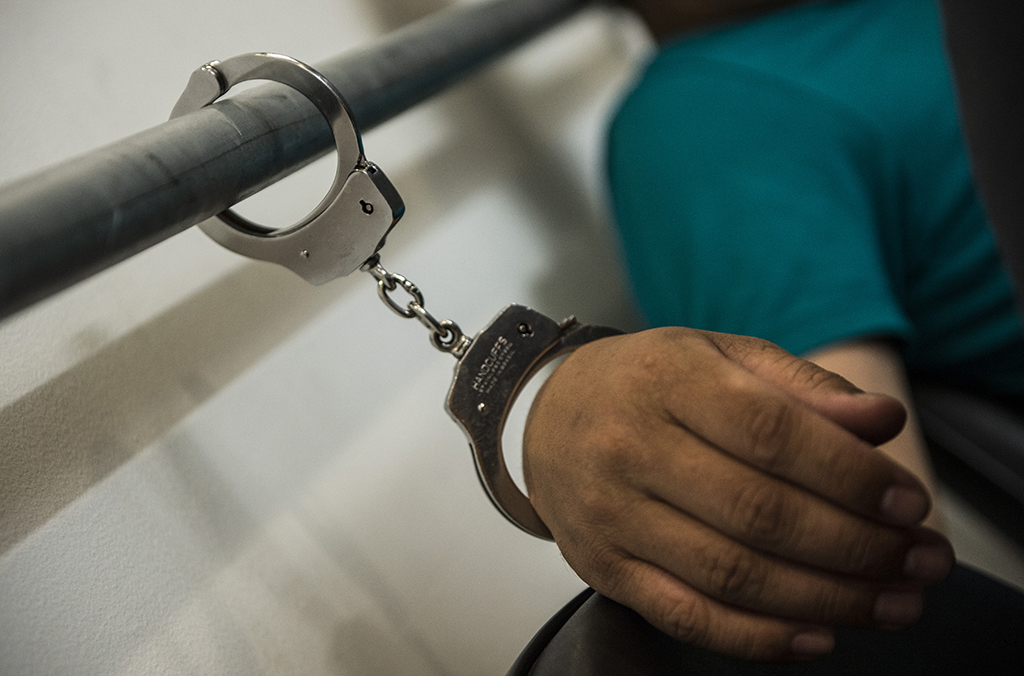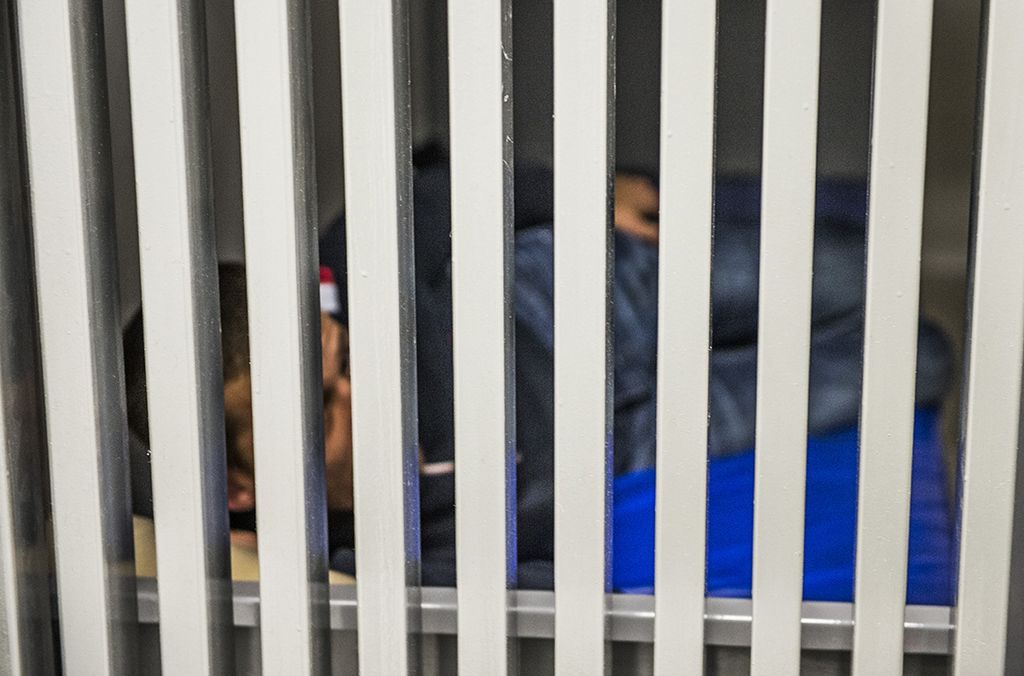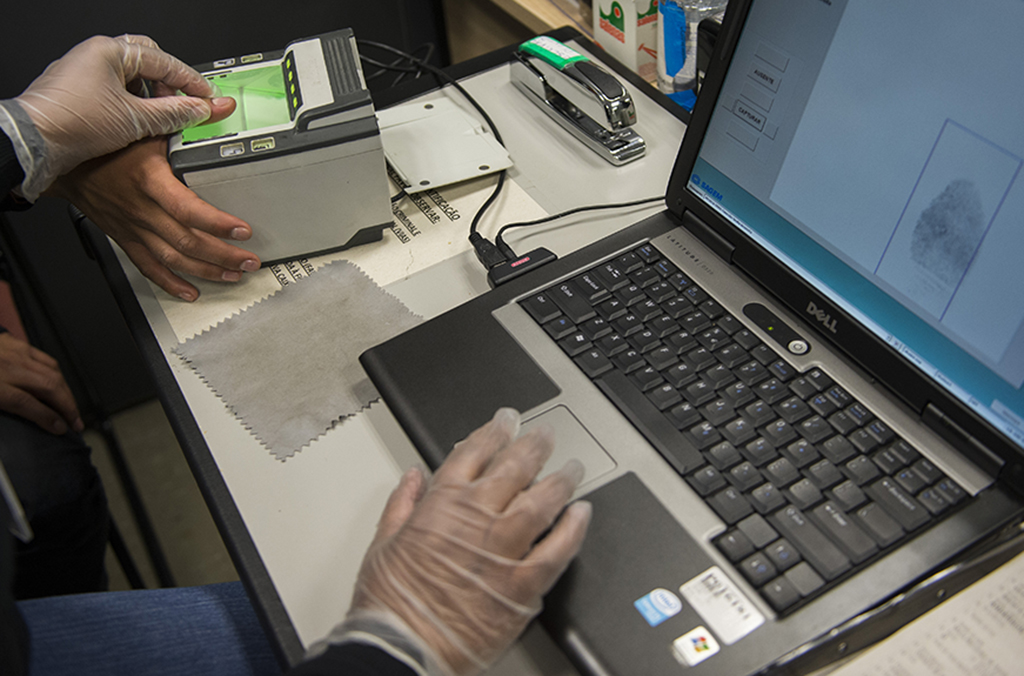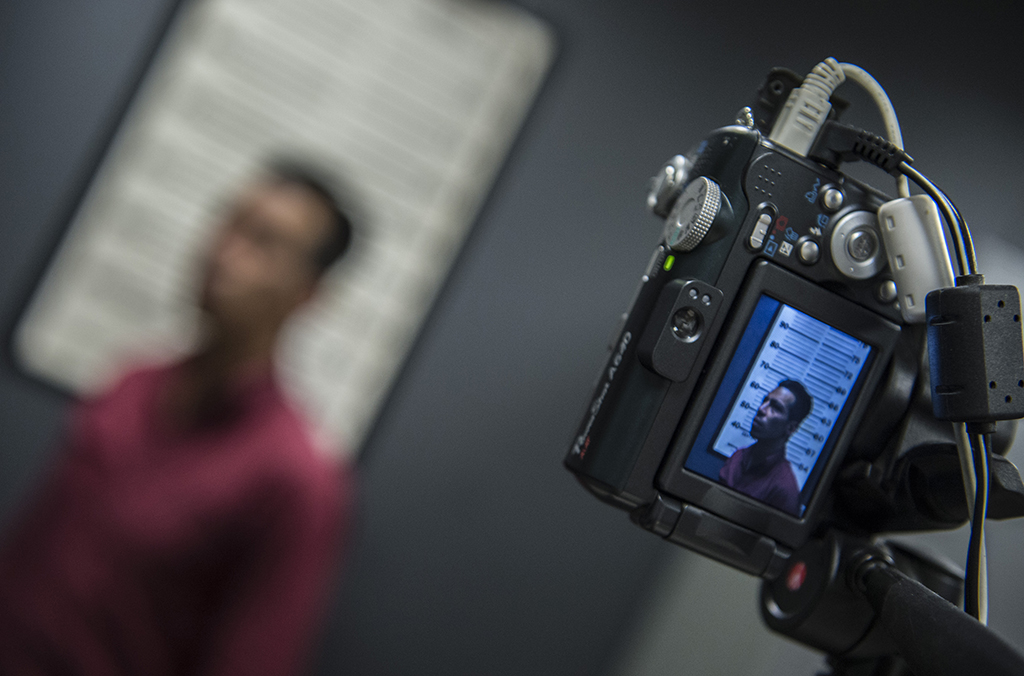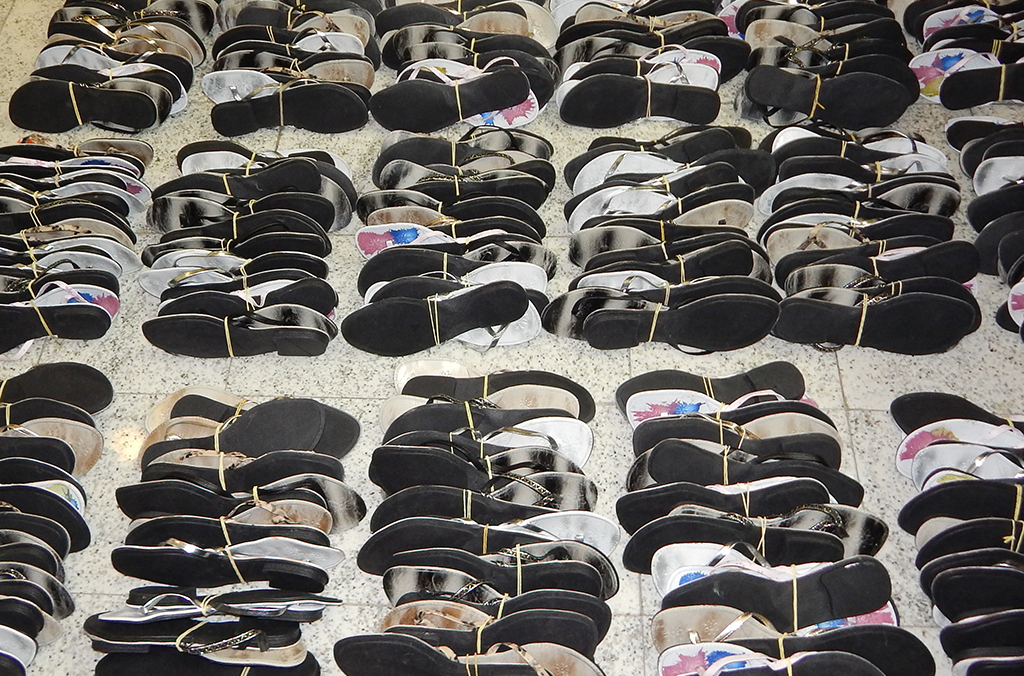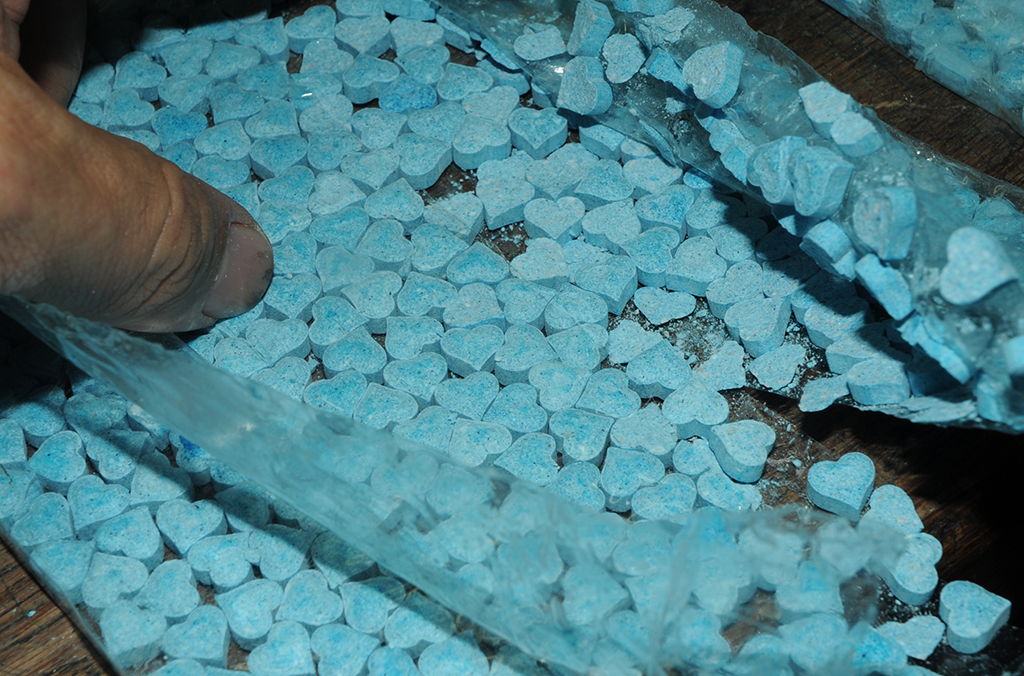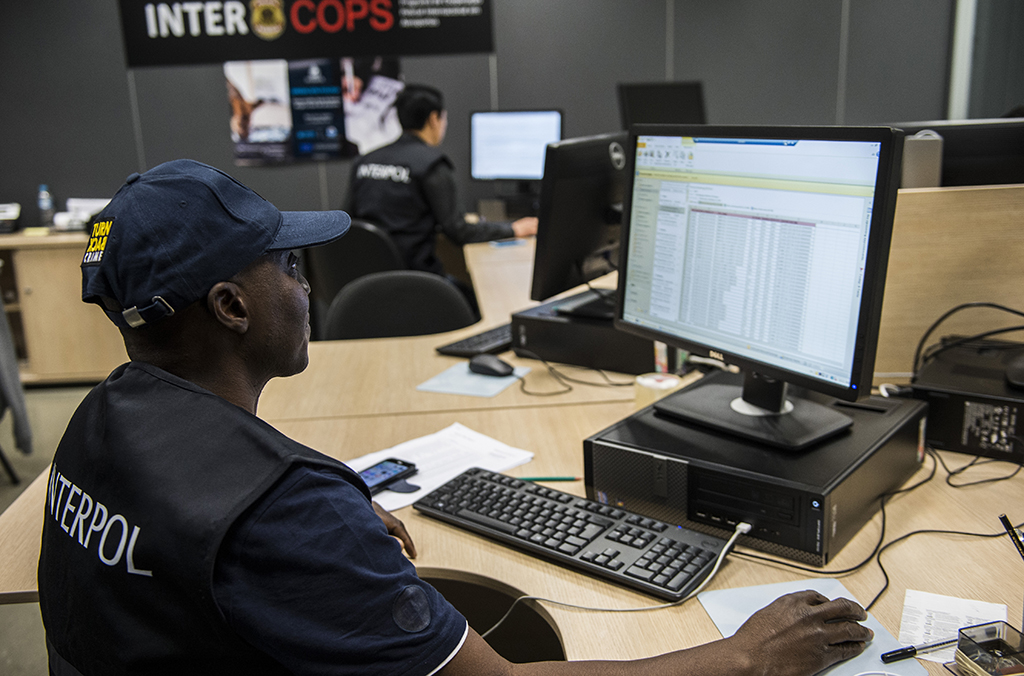LYON, France – An operation targeting drug trafficking from Latin America to Europe via Africa has resulted in the seizure of nearly 170 kilogrammes of drugs worth an estimated EUR 10 million, as well as gold coins and stolen credit cards.
During the European Union (EU)-funded Operation Folosa, which involved 22 countries, law enforcement and customs officials conducted heightened controls on departing, transiting and arriving passengers at international airports on known smuggling routes, including via the Middle East.
Some 50 people were arrested in possession of drugs including cocaine, heroin, methamphetamine and marijuana during the operation which ran from 19 to 28 September. In addition to being hidden in luggage, or swallowed by couriers, drugs were also discovered concealed in shoe heels and hair.
Results confirmed a methamphetamine trafficking route from Nigeria to South Africa, in addition to identifying an emerging modus operandi of money swallowers and a developing market for European ecstasy in Brazil.
Operation Folosa was led by INTERPOL and supported by the United Nations Office on Drugs and Crime (UNODC), the World Customs Organization (WCO) and Europol as part of the Airport Communication Project (AIRCOP) funded under the European Union Cocaine Route Programme aimed at fighting illicit trafficking and transnational organized crime.
A significant feature of AIRCOP is the establishment and training of Joint Airport Interdiction Task Forces (JAITFs) composed of officers drawn from different services specialized in combating smuggling in general and drug trafficking in particular, essentially customs and police.
Operation Folosa was implemented in two phases: pre-operational meetings held in Abidjan for the African countries and in Buenos Aires for the Latin American countries and the establishment of an Operational Coordination Unit (OCU) at Sao Paulo Guarulhos International Airport in Brazil with the support of Brazil Federal Police’s INTERCOPS project.
“International cooperation is essential to identify the organized crime networks behind drug smuggling and to streamline efforts in identifying suspected couriers,” said Marcelo Ivo Carvalho, head of the Brazilian Federal Police AIRCOP unit Sao Paulo Guarulhos International Airport.
Throughout the operation, law enforcement and customs officials as well as the AIRCOP JAITFs, were able to exchange information about high-risk passengers and seizures via INTERPOL’s I-24/7 network and WCO’s communications tool CENcomm. Analysis of information generated a list of some 200 suspected drug traffickers who had travelled extensively throughout Latin America.
Checks against INTERPOL’s global databases also resulted in the identification and detention of a South African woman who was the subject of an INTERPOL Red Notice, or international wanted persons alert, for drug trafficking offences.
“Drug traffickers will attempt to exploit any gap in security, which is why coordinated action between all involved law enforcement agencies is essential,” said INTERPOL’s Executive Director for Police Services, Tim Morris.
“Operation Folosa is a successful example of what can be achieved through INTERPOL’s global reach, combined with the knowledge and expertise of national officers on the ground,” added Mr Morris.
“The notable results of the Operation Folosa show the importance of an international coordinated response based on a national inter-service approach to the fight against drug trafficking, which still represents one of the major sources of revenue of organised crime and poses serious threat to peace and stability, it undermines economic and social development, and contributes to crime and insecurity,” said Pierre Lapaque, UNODC Regional Representative for West and Central Africa.
Building on the arrest and seizures, a third phase of Operation Folosa, will include analysis of information and intelligence gathered – including names, photos and contacts from phone records and messaging apps - for further investigation.
Participating countries in Operation Folosa: Argentina, Benin, Brazil, Cameroon, Colombia, Cote d’Ivoire, Dominican Republic, El Salvador, Ethiopia, Ghana, Kenya, Mali, Namibia, Niger, Nigeria, Panama, Peru, Senegal, South Africa, Togo, Qatar and United Arab Emirates.




